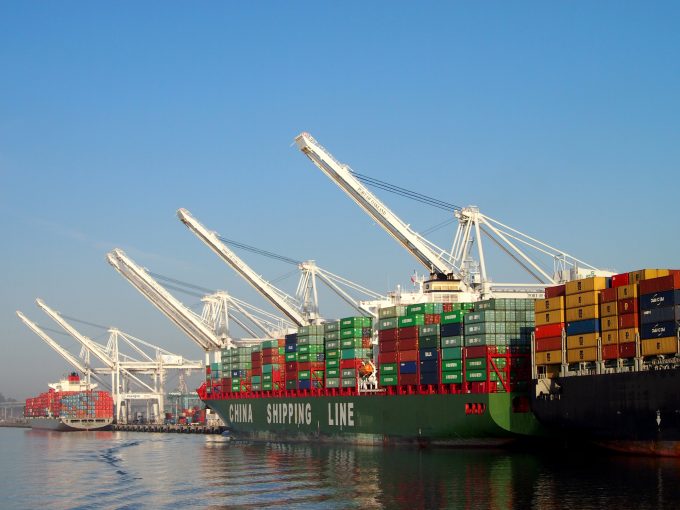WSC asks US court to order FMC to correct 'inconsistent' new D&D rules
Changes to the Federal Maritime Commission’s (FMC) rules surrounding detention and demurrage charges and truckers ...

Carrier representative the World Shipping Council (WSC) regards the Ocean Shipping Reform Act 2021 as “horrible transportation policy” borne out of frustration and anger from shippers.
Speaking exclusively to The Loadstar, the WSC president and CEO John Butler said the policy will not work, adding that “you can’t fix the supply chain by penalising one or two actors in that supply chain”.
According to Mr Butler, the difficulties experienced by the shipping industry are a result of an unprecedented surge in demand, ...
Asia-USEC shippers to lose 42% capacity in a surge of blanked sailings
USTR fees will lead to 'complete destabilisation' of container shipping alliances
Outlook for container shipping 'more uncertain now than at the onset of Covid'
New USTR port fees threaten shipping and global supply chains, says Cosco
Transpac container service closures mount
DHL Express suspends non-de minimis B2C parcels to US consumers
Zim ordered to pay Samsung $3.7m for 'wrongful' D&D charges
Flexport lawsuit an 'undifferentiated mass of gibberish', claims Freightmate
Cancelled voyages take the sting out of spot rate declines this week
Uncertainty over US tariffs sparks interest in bonded warehouses for imports
Shippers warned: don't under-value US exports to avoid tariffs – 'CBP will catch you'
Blanked sailings in response to falling demand 'just a stop-gap solution'


Comment on this article